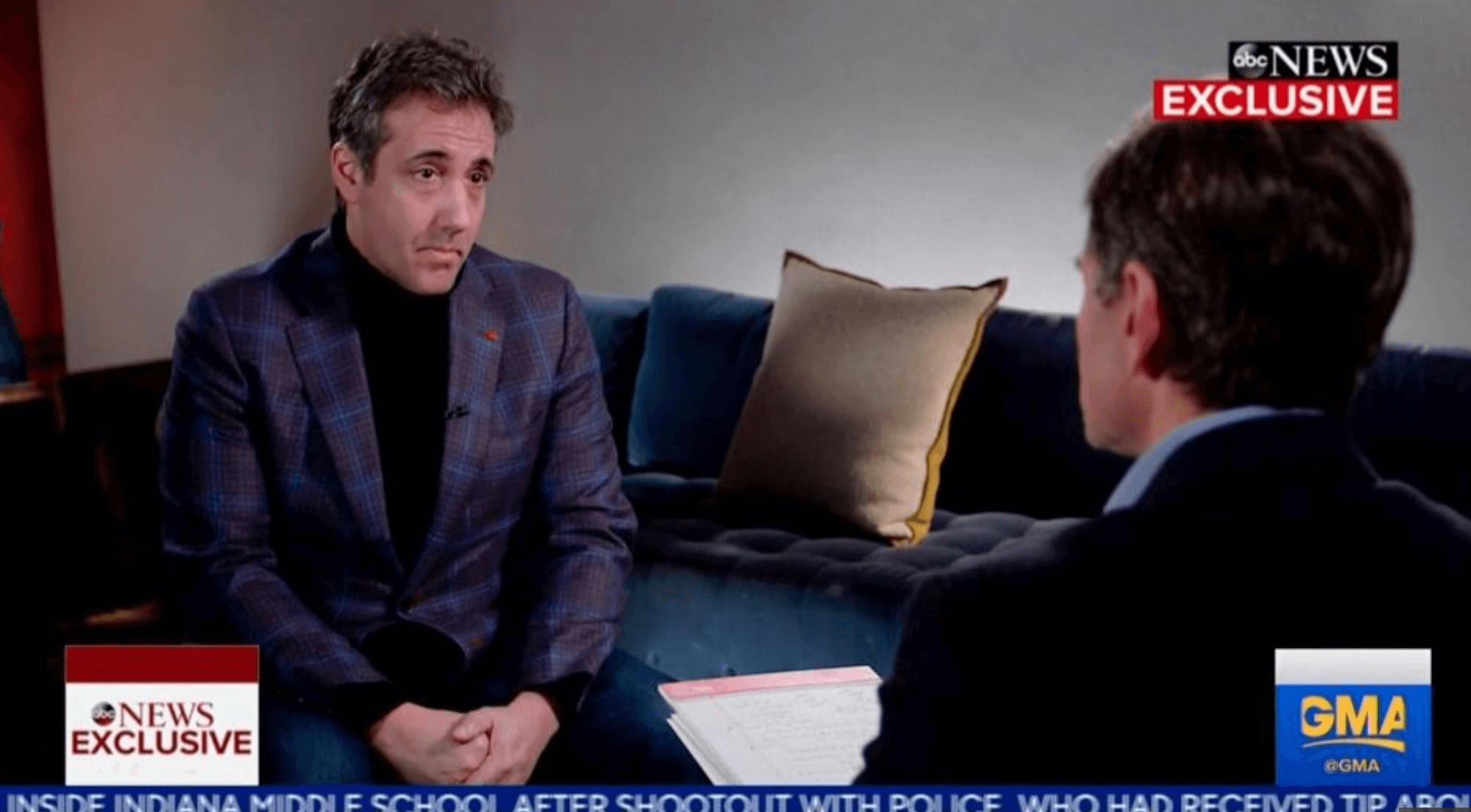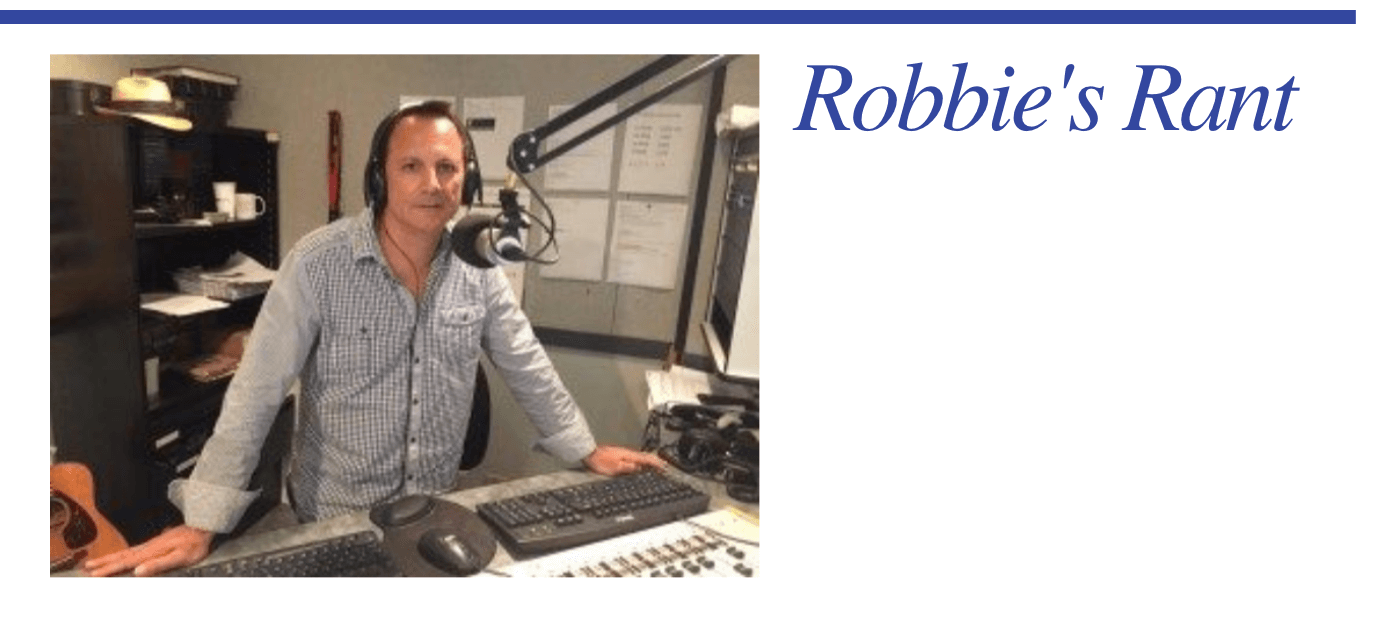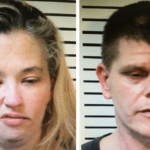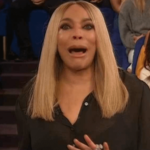 The exchange was as brief as it was definitive.
The exchange was as brief as it was definitive.
Near the back of Air Force One in April, a reporter asked President Trump whether he knew about a $130,000 payment that his lawyer, Michael Cohen, had made to Stormy Daniels, a porn actress, shortly before the election.
For a fleeting moment, Trump paused and pursed his lips, as if deciding what to do next. Then he chose to do what he’s often done — he lied.
“No. No,” Trump said while the cameras rolled.
Throughout his meteoric political rise, Trump seemed to defy gravity by dismissing, ignoring and denying reports of sexual misbehavior, tax avoidance and opaque business practices. Often he would respond to questions about falsehoods with even more falsehoods.
But now, nearly two years after he entered the White House, Trump’s lies appear to be catching up to him.
Federal prosecutors in New York showed over the last week that they have meticulously deconstructed the hush-money scheme that kept two women — Daniels and Karen McDougal, a former Playboy playmate — from speaking publicly before the election about alleged affairs with Trump.
Meanwhile, special counsel Robert S. Mueller III has peeled away Trump’s claim that he had “nothing to do with Russia” by revealing that well into his presidential campaign he was seeking to build a luxury tower in Moscow even as he was proposing closer ties between the United States and the Kremlin.
Both investigations — one into campaign finance violations, the other into possible ties between Trump and Russia’s efforts to sway the 2016 election — could produce new evidence of dishonesty as they continue.
“The legal system has provided a dose of reality to Trump’s world that it hasn’t met with in a political context yet,” said Brian Fallon, a spokesman for Democratic nominee Hillary Clinton during the campaign.
In the policy realm, too, false statements by Trump have begun to lead to consequences. Earlier this month, for example, Trump claimed that he and China’s president, Xi Jinping, had worked out an “an incredible deal” on trade. Within a day, the White House had to back away from that claim, contributing to a sharp decline in the stock market.
And on Thursday, the Senate voted to end U.S. support for Saudi Arabia’s war in Yemen — an unprecedented use of the War Powers Act that reflected the anger many senators feel about Trump’s refusal to accept evidence that Saudi Arabia’s crown prince was culpable in the killing of the U.S.-based journalist Jamal Khashoggi.
Trump has never been shy about playing loose with the facts. In his breakthrough 1987 book, “The Art of the Deal,” he said playing to people’s fantasies was a key way to promote his business and his properties.
“People want to believe that something is the biggest and the greatest and the most spectacular,” he said. “I call it truthful hyperbole. It’s an innocent form of exaggeration—and a very effective form of promotion.”
He was long known for grandiose, often false statements about the height of his buildings, the size of his wealth and the beauty of his women.
Trump’s unexpected victory over Clinton only heightened his sense that he can bluster his way through trouble without facing legal or political blowback, associates say.
“He learned exactly the wrong lesson from winning that election,” said one former administration official, who spoke on the condition of anonymity. “He became even more convinced that his approach had been right.”
Since taking office, Washington Post fact checkers have tallied roughly 6,500 false claims by Trump. Rep. Nancy Pelosi (D-San Francisco), who will likely be the next House speaker, calls the Oval Office an “evidence-free zone.”
But whatever the business and political worlds’ tolerance for falsehoods, the legal system is much less forgiving. So far, four of Trump’s associates, including his former campaign foreign policy advisor, George Papadopoulos; his longtime personal lawyer, Michael Cohen; his first national security advisor, Michael Flynn; and his former deputy campaign chairman, Rick Gates, have all pleaded guilty to lying.
Trump could now face similar jeopardy, having answered written questions from Mueller’s office last month. It’s a crime to lie to federal investigators and his lawyers long resisted having Trump, who is prone to false statements, sit for an in-person interview with investigators.
Trump’s lawyer Rudy Giuliani repeated that opposition on Sunday.
“Over my dead body,” he said when asked on “Fox News Sunday” about the possibility of an in-person interview. He cited the false-statement charge against Flynn, which he described as unfair, as evidence for why an in-person interview would be unwise.
It’s unlikely that Trump would be charged while in office. However, lying under oath was one of two charges on which President Clinton was impeached two decades ago.
Henry Pontell, a professor at John Jay College in New York City and an expert on white-collar crime, said Trump fits a familiar pattern of wealthy, successful people who come to believe they can get away with creating their own versions of reality.
“A lot of white-collar criminals have an illusion of invulnerability, especially high-status individuals who have a feeling that they aren’t going to be touched by the law,” Pontell said. “Because their status and wealth protects them, this illusion of invulnerability may be exacerbated to the point that the lying continues all the way up until the lights go out.”
“But Trump’s illusion of invulnerability is unparalleled to anything I’ve ever seen,” he added.
Trump is loath to admit any fault when forced to confront his previous false statements. Instead he responds like a retreating army that refuses to surrender. Forced out of one foxhole, he’s fallen back to another, only to reposition again and again.
No scenario has illustrated Trump’s strategy — and its limitations — better than his approach to disclosures about the hush-money payments to Daniels and McDougal.
On the same Air Force One flight where Trump denied knowing about the Daniels payment, he also said he didn’t know where Cohen got the money. One month later, he was changing his story in an awkwardly worded series of tweets.
“Mr. Cohen, an attorney, received a monthly retainer, not from the campaign and having nothing to do with the campaign, from which he entered into, through reimbursement, a private contract between two parties, known as a non-disclosure agreement, or NDA,” Trump tweeted.
That explanation, too, has suffered from a series of blows. First, Cohen pleaded guilty in August to violating campaign finance laws by arranging the payments, one of which was made by American Media Inc., a tabloid publisher run by a Trump ally.
Cohen said Trump directed the payments himself, an assertion backed up by the U.S. attorney’s office in Manhattan, which is handling the investigation. Prosecutors bolstered their case on Wednesday when, shortly after Cohen was sentenced to three years in prison for a variety of crimes, they revealed a nonprosecution agreement with American Media.
The company admitted to paying McDougal $150,000 for the rights to her story and then never running it, an arrangement which had as its “principal purpose” keeping her story out of the news before the election, the agreement said.
In the face of all those revelations, the president no longer denies knowing about the payments, claiming only that he didn’t tell Cohen to do anything illegal.
“I never directed Michael Cohen to break the law,” Trump tweeted on Thursday. “He was a lawyer, and he is supposed to know the law.”
On Sunday, he repeated his characterization of Cohen as a “rat,” for testifying against him, saying falsely that the FBI had “broken into” Cohen’s law office.
In an interview aired on ABC’s “Good Morning America” on Friday, Cohen said Trump is lying.
“He knows the truth, I know the truth, others know the truth, and here is the truth: The people of the United States of America, people of the world, don’t believe what he is saying,” Cohen said. “The man doesn’t tell the truth.”
Cohen also pleaded guilty last month to lying to Congress about pursuing a Moscow real estate deal during the campaign. Although he previously said the proposal was jettisoned in January 2016, before the Iowa caucuses, he admitted that it wasn’t abandoned until after Trump secured the Republican nomination.
The project would have almost certainly needed Russian government approval, and the negotiations were underway at the same time the Kremlin was launching a covert campaign to meddle in the U.S. election by hacking Democratic Party emails and spreading misinformation on social media.
Cohen’s admission undermined Trump’s earlier claims that he had nothing to do with Russia.
“I know nothing about the inner workings of Russia,” Trump said in his second debate with Hillary Clinton. “I don’t deal there. I have no businesses there.”
One month after taking office, Trump said at a news conference, “I have nothing to do with Russia. To the best of my knowledge, no person that I deal with does.”
Since Cohen’s guilty plea, Trump has once again fallen back to another position about the Moscow real estate proposal.
He called the Moscow project “very legal and very cool” in a tweet. And he told reporters, “If I did do it, there would have been nothing wrong. This was my business.”
Trump hadn’t publicly discussed the project during the campaign, when he was pushing for the United States to have closer ties to Russia.
But standing on the White House lawn, he insisted the reality was something different.
“We were very open about it,” Trump said.

About The Author

- Robert Louis Annenberg Is a 40 year seasoned property owner, manager, investor, builder/developer and business man who is also an author of five published books to date (Amazon.com) and the chief editor of LifeQuestJournal.com. He can be reached at: Info@RobertAnnenberg.com and (201) 289-2500.
Latest entries
 #13 Chumley's Wall of Shame (My Consumer Advocacy)April 24, 2019Family of Elizabeth Holmes’ fiancé worry she has ‘brainwashed’ him: source
#13 Chumley's Wall of Shame (My Consumer Advocacy)April 24, 2019Family of Elizabeth Holmes’ fiancé worry she has ‘brainwashed’ him: source #16 Celebrity Gossip & Celebrity Real EstateMarch 31, 2019Eric Clapton Grew up Thinking his Mother was his Sister
#16 Celebrity Gossip & Celebrity Real EstateMarch 31, 2019Eric Clapton Grew up Thinking his Mother was his Sister #16 Celebrity Gossip & Celebrity Real EstateMarch 18, 2019Mugshot of ‘Mama June’ released after drug arrest
#16 Celebrity Gossip & Celebrity Real EstateMarch 18, 2019Mugshot of ‘Mama June’ released after drug arrest #16 Celebrity Gossip & Celebrity Real EstateMarch 18, 2019Wendy Williams Revealed She’s Been Living In A Sober House And Is Recovering From Addiction
#16 Celebrity Gossip & Celebrity Real EstateMarch 18, 2019Wendy Williams Revealed She’s Been Living In A Sober House And Is Recovering From Addiction

